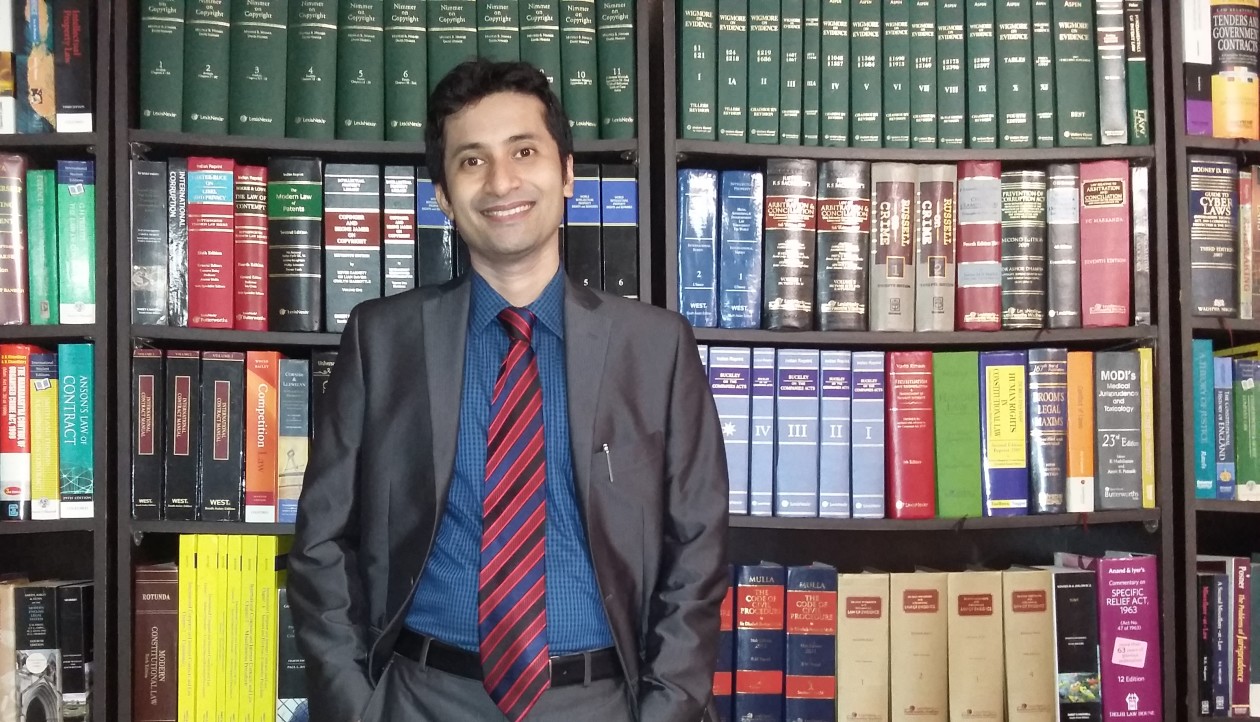The escalating disquietude of Rwanda and Uganda with Kabila government led to a protracted tragedy of modern Africa. Kagame’s plan for another regime change in Kinshasa was anticipated by Kabila resulting in his dismissing all Rwandan soldiers and ordering them to return home. Kabila even started recruiting ex-Hutu militias who had been accused of killing Tutsis in the 1994 genocide.
A rebellion group by the name of Rassemblement Congolais pour la Démocratie (RCD) alongwith Congolese Tutsis and Banyamulenge (ethnic Tutsi of South Kivu of Congo), with active assistance of the Rwandan Army, started a rebellion against Kinshasa. The rebels initially made rapid progress but intervention by neighbouring countries like Angola and Zimbabwe in favour of Congo turned the tables. Robert Mugabe’s dream of becoming a regional power broker and Angola’s concern about its internal security were the primary reasons for their involvement in this foreign crisis. Namibia and Chad soon joined the fray assisting Kabila, whereas Tutu led Burundi government took the side of Rwanda and Uganda. Active military assistance of Angola and Zimbabwe saved Kabila’s regime.
The war, though ostensibly fought for saving the national governments, was primarily to capture and exploit the vast natural resources of Congo. Unsurprisingly, Angola and Zimbabwe Generals started looting, despoiling and grabbing diamond, gold and other mining businesses. On the other hand, Rwanda and Uganda turned eastern Congo into their own fiefdom. All the belligerents indiscriminately plundered the natural resources at an unprecedented scale. Gradually RCD splintered into rival factions. The war became even more complicated with multitudinous factions changing sides as per their financial interests. Banyamulenge fighters also split into separate factions. Rwanda and Uganda even fought among themselves for the spoils of the war! It seemed as if war would never end. But Kabila’s assassination in January 2001 changed the scenario. Kabila Jr., ‘western educated’ and ‘english speaking’, but a political greenhorn, was put in place of his father. Since Kabila Sr. was considered as the major impediment to a peaceful settlement of the war, as he adamantly refused to share power, the change of guard was seen as a positive development towards the peace negotiations. Gradually Rwanda too found it difficult to sustain the war as RCD splintered and many joined the Congo government. Many from the Banyamulenge changed sides. Finally Suncity agreement, in April 2002, provided the framework of the multipartite government in Congo. Later in July, the main belligerents Rwanda and DRC signed a peace deal (Pretoria Accord). Congo and Uganda also signed a peace deal (Luanda Agreement). These peace deals led to the withdrawl of Rwandan and Ugandan troops from DRC’s territory and led to a substantial contraction in hostilities. In December 2002, the primary warring factions like the national government, MLC (Mouvement pour la Liberation du Congo, a group backed by Uganda), RCD, split factions of RCD as well as the opposition party alongwith representatives of civil society signed an agreement which formally ended the bloody second Congo War. In July 2003, the transitional government was formed.
But Kivu, Ituri and Katanga conflicts persisted despite the formal end of the Congo War. Alleged role of Ntaganda in Ituri conflict is now before the ICC.
